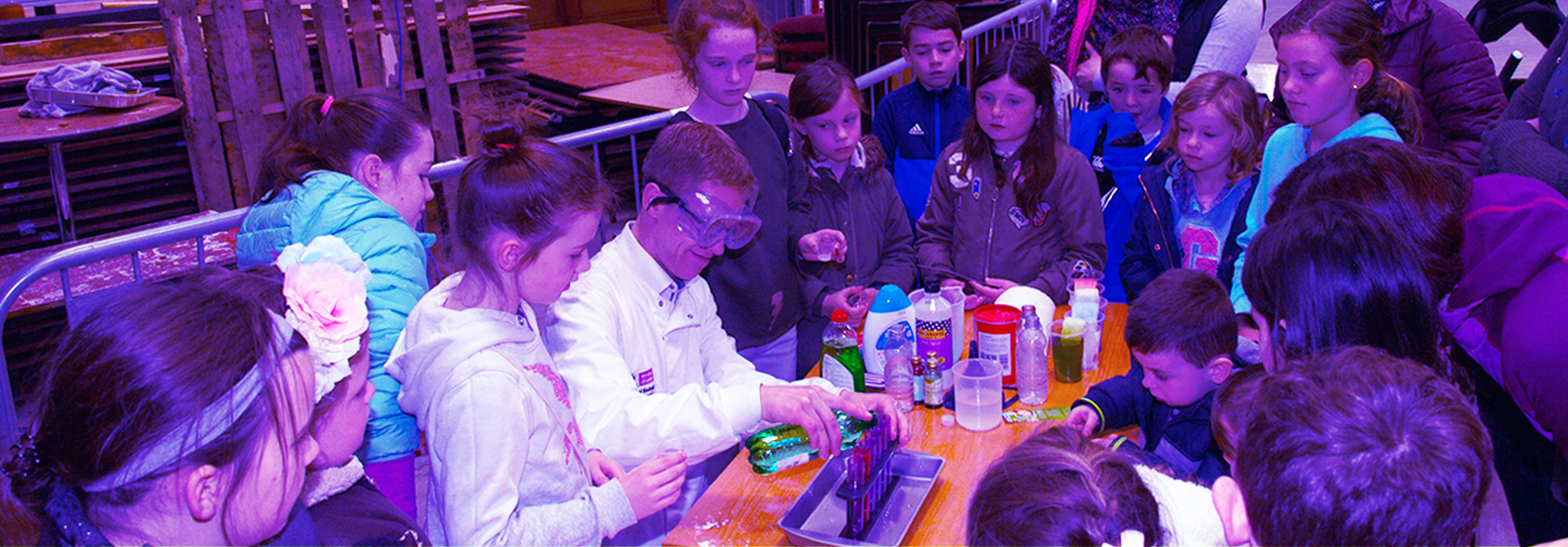Product Research & Development
Exploring longer horizon vision through design-lead experiments and collaborations with third party partners

Overview
The Open Knowledge Movement is a radical act of social innovation. In fact, innovation, experimentation and improvisation have consistently resulted in disruptive and pragmatic solutions to core problems the Movement and the platform have faced from the beginning. As a result, these instincts are already built into our culture, and deeply inform the approach our teams take in addressing day-to-day challenges. But in order to meet 2030 goals, Wikimedia must build upon its historical success as an experimental platform and focus more intentionally on the emergent needs, challenges and opportunities that fall outside and beyond the current product roadmap. By clearly identifying strategic questions that frame our path forward it will be possible to develop more innovative program, product and technical interventions - ones that can serve the community of contributors, delight end users and de-risk future product development.
Studies
-
Wikipedia is an Antidote to Disinformation
Literature review highlighting the place of Wikipedia as a key part of the internet information ecosystem, in the fight against disinformation. -
Current Usage and Future Adoption of Wikifunctions
This study generates a comprehensive understanding of how Wikifunctions might successfully integrate into Wikipedia. -
Wikipedia Subscription
User research to study the reading and information seeking habits of internet users, and their usage of subscription services, to help inform products that can deliver Wikipedia content in novel formats. -
Non Editing Participation Report
Recommendations based on a series of interviews to discover diverse avenues for user engagement through non-editing participation features. -
Non Editing Participation Literature Review
A literature review to identify ways in which users can engage with potential forms of non-editing participation, thereby increasing their interest and involvement in the Wikis. -
Future Learning Vectors
Interviews with educational, short-form video content creators about how, when, and why they use Wikipedia, in order to improve the quality and quantity of Wikipedia content that is disseminated to global audiences through learning-oriented video content. -
Trust & Wikipedia
An experiment to determine how embedding "trust signals" into the Wikipedia desktop interface affects understanding of how Wikipedia works and trust in its information. -
Readability on Wikipedia
A literature review of the web factors that affect text readability on the internet. -
HabLatAm
A collaboration between the WMF and the Berkman Klein Center for Internet and Society to research the internet habits, preferences, and beliefs of youth across Latin America. -
Wikistories Indonesia Concept Testing
Currently, there isn’t an easy way to create or curate a visual narrative from Wikimedia content in a short snackable format for mobile devices. The goal of this project was to collaborate with Wikimedia Indonesia and gather feedback from Indonesian wiki editor communities on early concepts and designs for WikiStories, focusing on the experience of potential WikiStory creators, especially those from the existing communities of Wikipedia editors. -
Wikistories Africa Research
This work provides a method for visualizing and comparing topical coverage from one wiki project to another for the purpose of better understanding where knowledge gaps and subject matter expertise exist across the Free Knowledge Movement. -
Media Matching
Conducted in support of the WMF Structured Data team, Media Matching attempted to identify barriers faced by experienced editors in English, Arabic, and Japanese Wikipedias. -
WikiFunctions, phases 1 & 2
A study that collects feedback on the function-builder prototype from technical users, nontechnical users, and those from outside of the Wikimedia ecosystem. -
Trusted: Signals, Inferences & Indicators
In this collaboration between CMU and the Wikimedia Foundation, researchers are analyzing which types of cues work best to help readers understand the true quality of an article. They will then scrape talk pages for the signals and inferences that can drive these cues. -
Decision-making & Influence
The Wikimedia Foundation has recently started a collaboration with CITP to map the different types of group decision-making required to manage and improve a crowd-sourced content platform like Wikipedia, and to begin to understand the community of free knowledge contributors and organizers as discrete special interest groups with unique social dynamics.